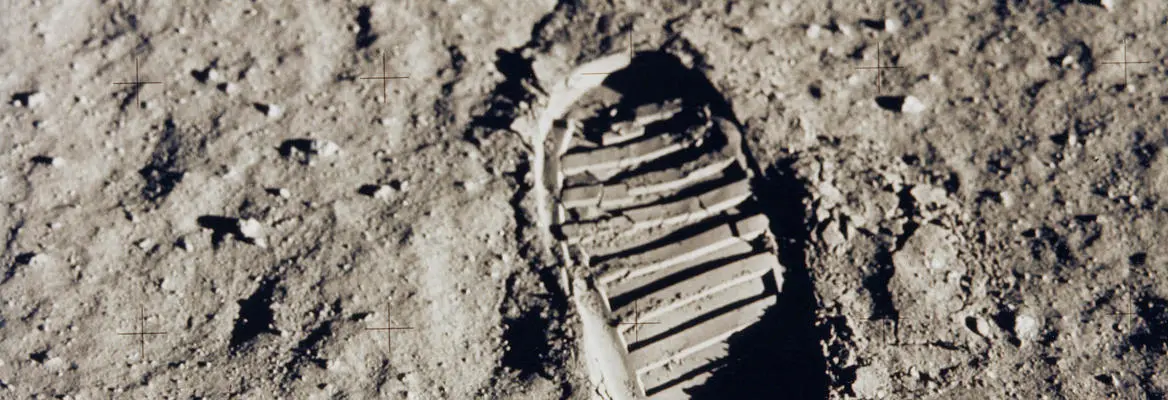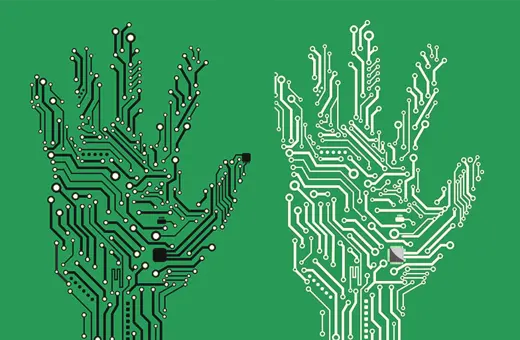For a number of reasons I have been thinking recently about the 1969 moon landings. Partly it was the fact that the recent series-finale of the AMC TV serial Mad Men was set during that hot July, with all the characters agog at the splendour of Armstrong’s one small step. The show recaptured the mood of that time: a whole world was filled with an almost transcendent excitement—and with good cause. In my opinion, in a thousand years the names of all the politicians, artists, movie stars, scientists and philosophers will be long forgotten, but people will still know the name of Neil Armstrong.
Another reason this has been on my mind lately is because of one of my hobbies: collecting science fiction magazines from the 1950s-70s. I happened to pick up some old copies of Analog from a junk shop, and was reading through the way they reported Apollo. Of course the contributors were all tremendously excited by the moon mission, as you would expect them to be. But without exception they saw it as the start of something bigger: manned missions to the other planets; a permanent moon base; the colonisation of outer space by mankind. It was the dream of science fiction. It was the dream I grew up with.
You’ll notice I’m using the past tense. It was a dream that did not come to pass. Travelling to other planets is something our grandparents did, not something we do. We send tiny, intricately clever machines to fly past the planets instead. Instead of going out there, we have developed immensely ingenious methods for analysing the trickle of data from space that reaches our world. It’s cheaper that way. Keeping human beings safe in the ultra-inhospitable environment of space is complex and expensive, and we have other things to spend our money on. Big expensive wars in Iraq and Afghanistan don’t fund themselves, you know.
What happened to the dream of space exploration? In a nutshell: people got bored. By “people” I mean the human race, considered globally, not the outliers and eccentrics for whom the dream kept burning in their souls – and they got bored with it depressingly quickly. In July 1969 the whole world held its breath, filled with an almost holy excitement at what our species was achieving and could achieve. By the mid-1970s missions into space had become dull. People lost their taste for it. Politicians, who depend for their careers on attending to the vibe of the populace, de-prioritised space exploration.
Of course Apollo was created out of the pressure-cooker environment of the Cold War as a way of claiming propaganda victories against the Soviets whilst also demonstrating to “their” military strategists how reliable and accurate “our” rocket technology was. But it became something more: it captured the imagination of the world. And the real reason Apollo petered out, and space exploration became something out ancestors once did instead of something our children could look forward to, is that it lost the imagination of the world.
Why? It never released its grip on my imagination – but then, I’m a professional writer of science fiction. It’s part of my job. And I’m aware of a certain, shall we say, smugness amongst sci-fi fans on this topic. We like to congratulate ourselves that we have kept the faith. We still believe in the necessity of humanity expansion from this planet! We still yearn for a manned mission to Mars. We write our stories about humans exploring the galaxy. We’re the good guys here – right?





















Join the conversation